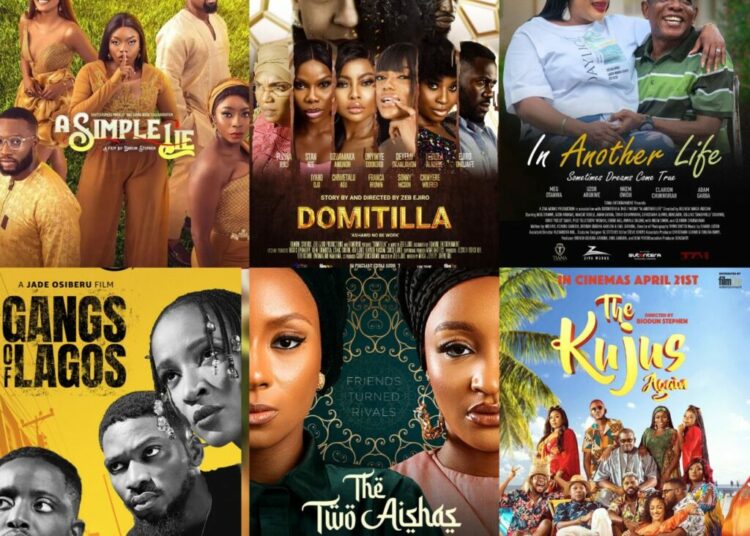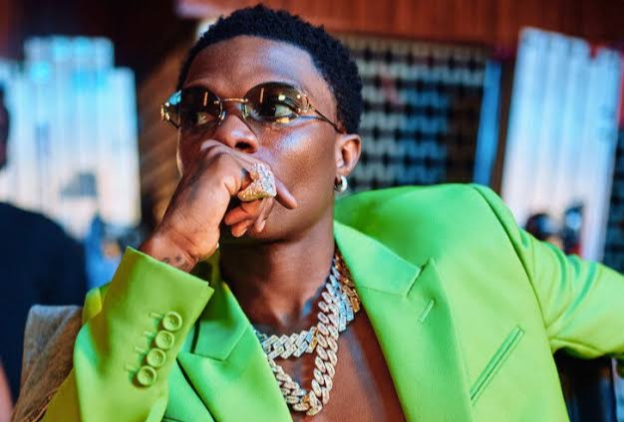Stakeholders have identified why Nigeria has been unable to replicate the success of her literature writers in the film industry.
In the past decade, Nigerian literary writers have held sway the African Literature space churning out on the regular internationally acclaimed works. That successful play on words is yet to reflect on Nollywood, which spots poorly written film scripts and plots.
Author and Board Member, Abuja Literary Society (ALS), Dr Lizzy Ben-Iheanacho, and Screenwriter and co-founder Ziva Works, Brenda Ogbuka-Garba, blame the absence of quality films in Nollywood on zero reading culture amongst producers, directors and screenwriters.
The pair disclosed this at a panel session Unveiling Nigeria’s Cinematic Gems: Overcoming The Screenplay Challenge To Match Its Literary Excellence organized by the Women International Film Festival Nigeria (WIFFEN) in Abuja.
Dr Ben-Iheanacho whose opener “who is your best Nigerian female writer?” met a deadening silence – highlighted the lack of a reading culture amongst filmmakers as the major obstacle to quality films and scriptwriting in Nollywood.
Stressing the importance of reading to filmmaking, she said filmmakers do not exist in isolation, thus, cannot be good filmmakers without reliance on the literature culture that gave flight to their imaginations long before the advent of films.
Conversely, she advised that authors give the rights to adapting their works onscreen to good film producers or screenwriters who can make a decent adaptation of their books onscreen.
“A good author is not necessarily a good scriptwriter. So, saying that authors should turn their books into films (on their own) won’t work. Chimamanda Adichie’s Half of a Yellow Sun was successfully adapted into a film. But Adichie didn’t claim to be an expert in an area she knows nothing about. She gave the film rights of her book to the late director and filmmaker, Biyi Bamidele.
“But Nollywood should work on itself to gain Nigerian authors trust and confidence that they can give a good interpretation of their work onscreen.”
Reiterating the lack of reading culture amongst Nigerian filmmakers and scriptwriters, Ogbuka-Garuba said the latter depend on ‘watching movies’ for inspiration. “They watch a movie, and then get to writing. My background is totally different. I was a poet before I fell in love with film, and then scriptwriting.
“My mentors Zack Amata and Emil Garuba taught me first to read, reread, then write a script for it. If we have filmmakers and scriptwriters that are readers, we will have better stories – and better plots.
Beyond the cliched and floozy plots that are rife in Nollywood, Ogbuka-Garuba, said such lack of efforts at researching stories also affect the quality of Nollywood movies as they tend to rely heavily on stereotypes that not only demean women, but relegates Nigeria’s rich indigenous and cultural stories to the background.
“To produce conflict, Nigerian filmmakers throw in three female characters in conflict over a man. The next minute fight ensues among the women and one ends up hurting the other. Our Nollywood films should tell more indigenous stories (rather than fall on stereotypes, or leaning towards western culture).”
Promoting her upcoming movie, a love story between an Igbo woman and a Nigerian soldier in the 1970s, Ogbuka-Garuba urged script writers to go the writer’s route. “Writers tell relatable stories because they are often writing stories that are personal to them, or stories of people they know. Good writing is about projecting images, culture, and values of our society that will resonate among our people.”





